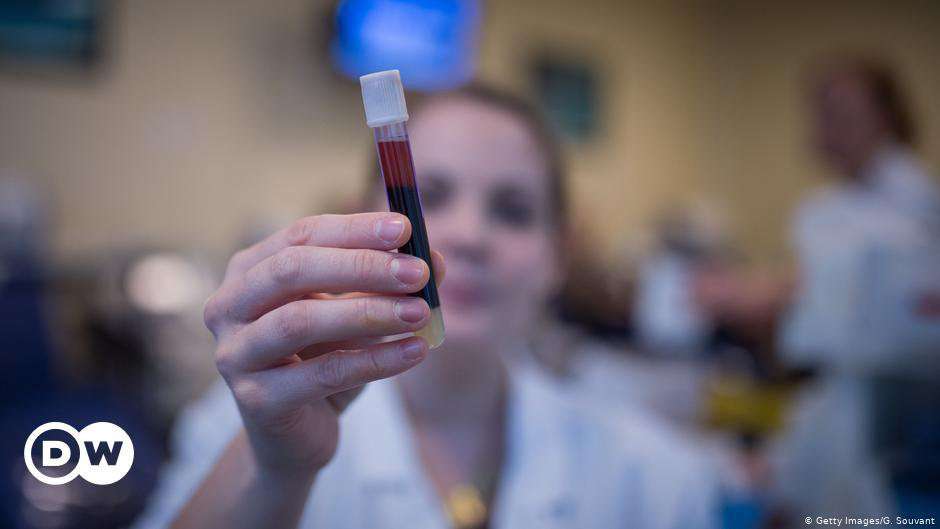The United Kingdom on Monday lifted its ban on gay and bisexual men in long term relationships donating blood. The previous policy banned men who have had sex with men in the past three months from donating blood, due to fears of HIV transmission.
The change in policy will be effective in 2021, according to British media outlets. Assessment of donors will be made on an individual basis, rather than a blanket restriction. According to reports, Britain's NHS Blood and Transplant (NHSBT) said men in a long term relationship will be able to donate blood, if there is no known exposure to a sexually transmitted infection and they are not using anti-HIV drugs PreP or PEP.
A two-year review conducted by FAIR (For the Assessment of Individualised Risk) investigated whether sexual behaviors could be an effective measure of assessing individual risk of sexually transmitted infection, which could be passed on through blood transfusions. The UK government has taken into consideration the findings of this study, reported The Telegraph.
Health Secretary Matt Hancock told media that the step "recognizes individuals for the actions they take, rather than their sexual preference."
Countries around the world had imposed a blanket ban on blood donations by gay and bisexual men during the HIV/AIDS crisis of the 1980s. Since then, many nations have reviewed their policies.
The US lifted a ban on men who have sex with men donating blood in 2015, but up until earlier this year required an abstinence period of 12 months. Due to the COVID-19 pandemic, that was reduced to three months.
Northern Ireland has also cut the abstinence period to three months as well. Australia also plans to cut down the abstinence period. France ended its ban on gay men donating blood in 2015.
Germany too requires a period of abstinence for 12 months from LGBT+ men. However, with blood reserves running low, the German parliament has been debating the lifting of restrictions.
Earlier this year, Brazil ruled that its 12-month deferral period was unconstitutional.
At least 17 countries, such as Argentina, Italy, Russia, South Africa, Spain and Hungary do not impose any restrictions on such blood donations. However, countries such as Croatia, Iceland, Malaysia, Slovenia, Singapore impose a blanket ban.

F0X0 on December 14th, 2020 at 09:24 UTC »
I got curious, since people made some claims about blood testing. People claiming the whole batch of donations have to be thrown out due the single positive donor are WRONG. It may have been the case 50 years ago.
In UK, blood donors are tested for:
Syphilis
Hepatitis B virus (HBV)
Human immunodeficiency virus (HIV)
Hepatitis C virus (HCV)
Hepatitis E Virus (HEV)
First donors are also tested for:
Human T-lymphotropic virus (HTLV)
In special cases (like recent travel history), additional test may be applied:
Malaria
T-cruzi
West Nile Virus
Cytomegalovirus (CMV)
Additionally, any donor with non-specific test reaction is also removed from the pool. - It's not certain whether the donor suffers from infection, or if the result was just inconclusive.
TL;DR:
Whole batch of donations is not thrown out if a single donor is tested positive for virus, bacteria or parasite. Only the positive donation is removed from the blood pool.
Also, the positive patient is contacted and informed about their condition.
IndianaGnomes on December 14th, 2020 at 04:55 UTC »
I used to donate plasma here in the US, and I know that ever having received anal sex with another man disqualified you there too. And it was a pretty long wait period after getting a tattoo.
j33pwrangler on December 14th, 2020 at 03:59 UTC »
Is there no test for HIV on donated blood?
Do they not test donated blood for anything?